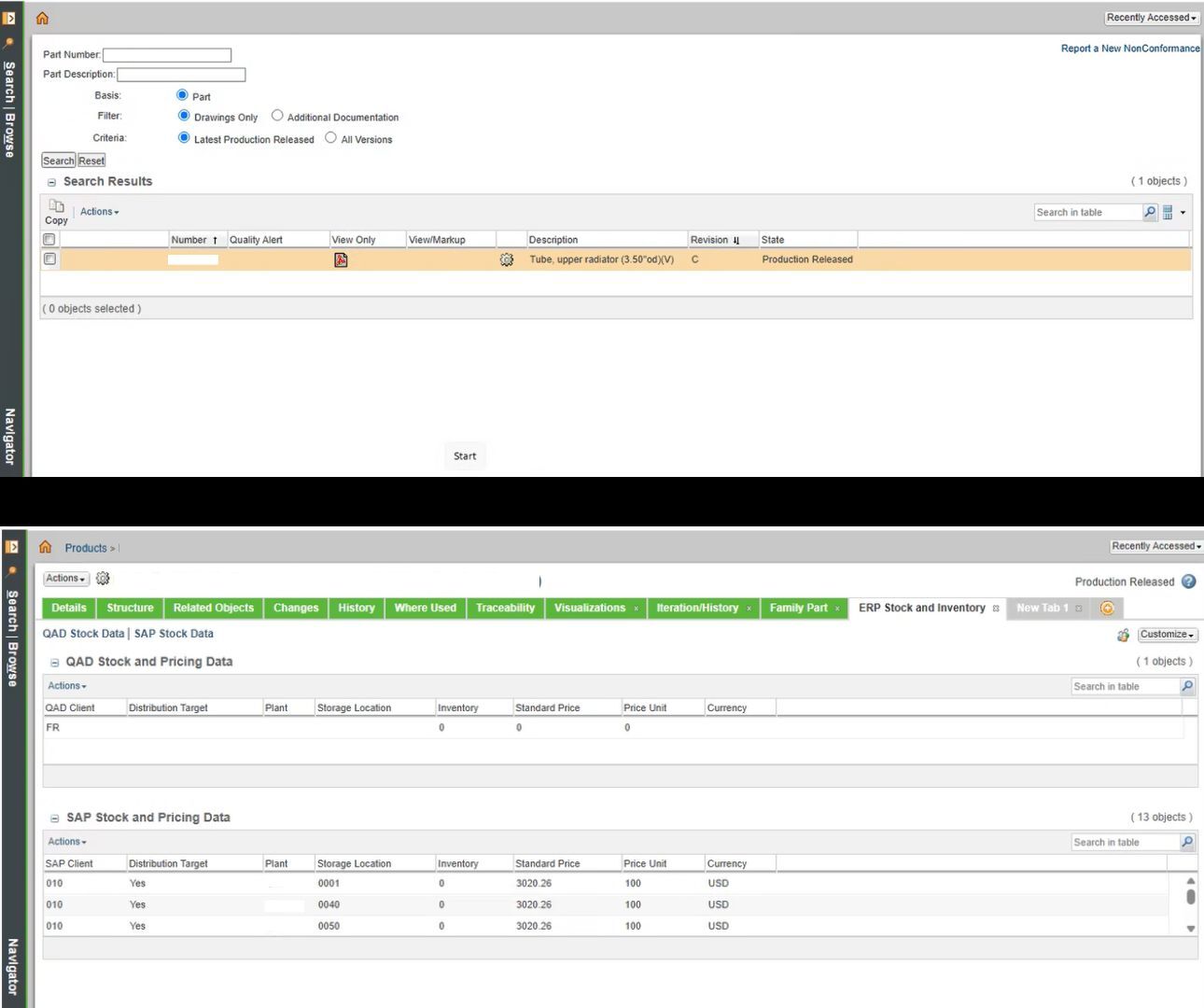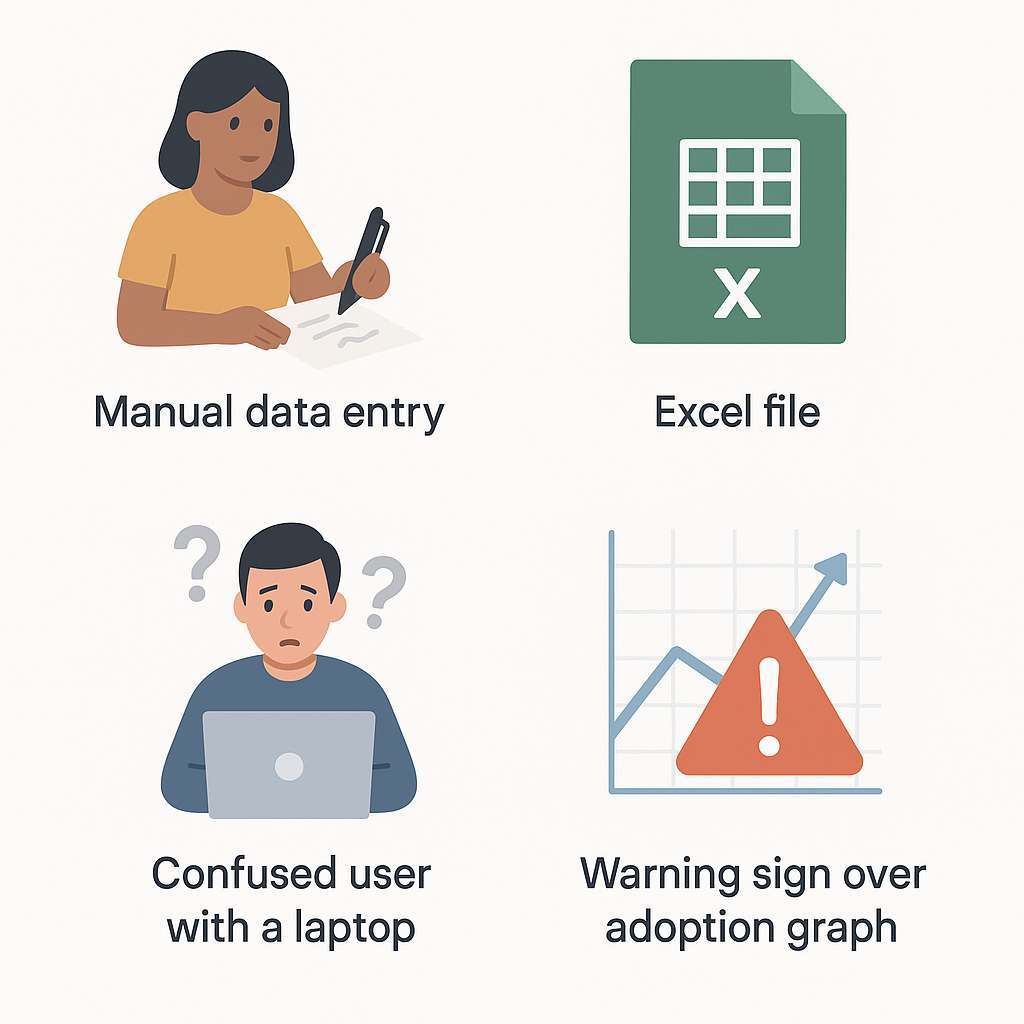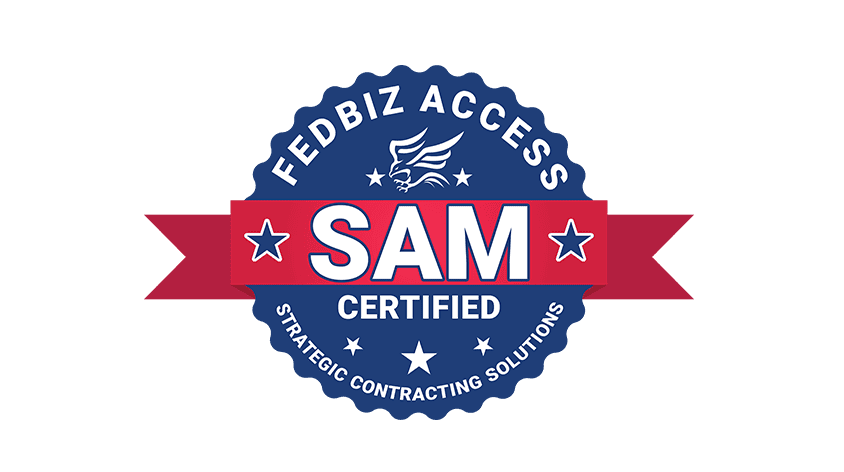
PLM systems like Teamcenter and Windchill are powerful right out of the box. But most organizations quickly discover that default features only go so far. Teams across engineering, manufacturing, and operations often need tailored access, cleaner workflows, and interfaces that reflect how people actually work.
Why Customization Matters in PLM
Modern PLM systems like Teamcenter and Windchill are built for enterprise-scale flexibility—but flexibility doesn’t automatically mean usability. Most organizations discover quickly that out-of-the-box tools fall short when it comes to how people actually interact with data day to day.
Different users need different experiences. For example:
A shop floor technician may need one-click access to drawings and routings, without digging through a complex folder structure.
A non-technical stakeholder might only want to review and approve BOMs, not sort through engineering change data.
Engineering teams often require filtered dashboards for managing change requests and version control.
Inventory or cost analysts may need real-time or historical data snapshots during product launches, quoting cycles, or supplier reviews.
Across the board, users need contextual access to the right data at the right moment—whether it’s for a new product rollout, a part revision, or a team review. When teams are forced to adapt to rigid systems, they waste time and risk errors. But with the right customization, the system fits them—not the other way around.
What Makes a Great Custom App?

You can edit text on your website by double clicking on a text box on your website. Alternatively, when you select a text box a settings menu will appear. your website by double clicking on a text box on your website. Alternatively, when you select a text box
What Makes a Custom PLM Solution Great?
Not every customization adds value. The best PLM apps and extensions are those that:
Deliver a clean, intuitive interface that aligns with the user’s workflow
Filter data intelligently so users only see what’s relevant to their role
Speed up access and reduce confusion, especially for non-technical users
Require minimal training by using familiar navigation patterns
Integrate tightly with your existing PLM environment, with no duplicate data or workarounds
Ultimately, a great custom PLM app improves user adoption, lowers support burden, and unlocks more value from your PLM investment.
ProductSpace PLM App Examples

At ProductSpace, we’ve developed custom applications for customers across manufacturing, engineering, and quality control. Some common app types include:
Access apps that deliver lightweight portals to view BOMs, drawings, or assigned tasks
Visual dashboards that give team-specific views for production managers or engineering leads
Prebuilt widgets for common use cases, with customization available for unique needs
Whether you need to simplify the interface for downstream users or improve efficiency for power users, we can design a PLM app that fits.
When to Consider a Custom App

You might be ready for a custom PLM app if:
Users are modifying or exporting data manually
Teams are emailing Excel files to review and share information
Non-technical users are struggling to navigate the core PLM system
You’re trying to boost adoption but running into internal resistance
You need data at a specific time, in a specific format, and presented a certain way. That often means checking multiple systems, asking different people, or relying on tribal knowledge.
If accessing the right data still requires extra steps, extra people, or extra training, it’s time to consider a custom solution. A custom PLM app can simplify access, reduce friction, and ensure your system works for the people who rely on it.
Final thoughts
Custom PLM apps enhance usability, boost adoption, and help your organization get more from its investment in Teamcenter or Windchill. When off-the-shelf doesn’t cut it, a purpose-built app bridges the gap between your platform and your people.





